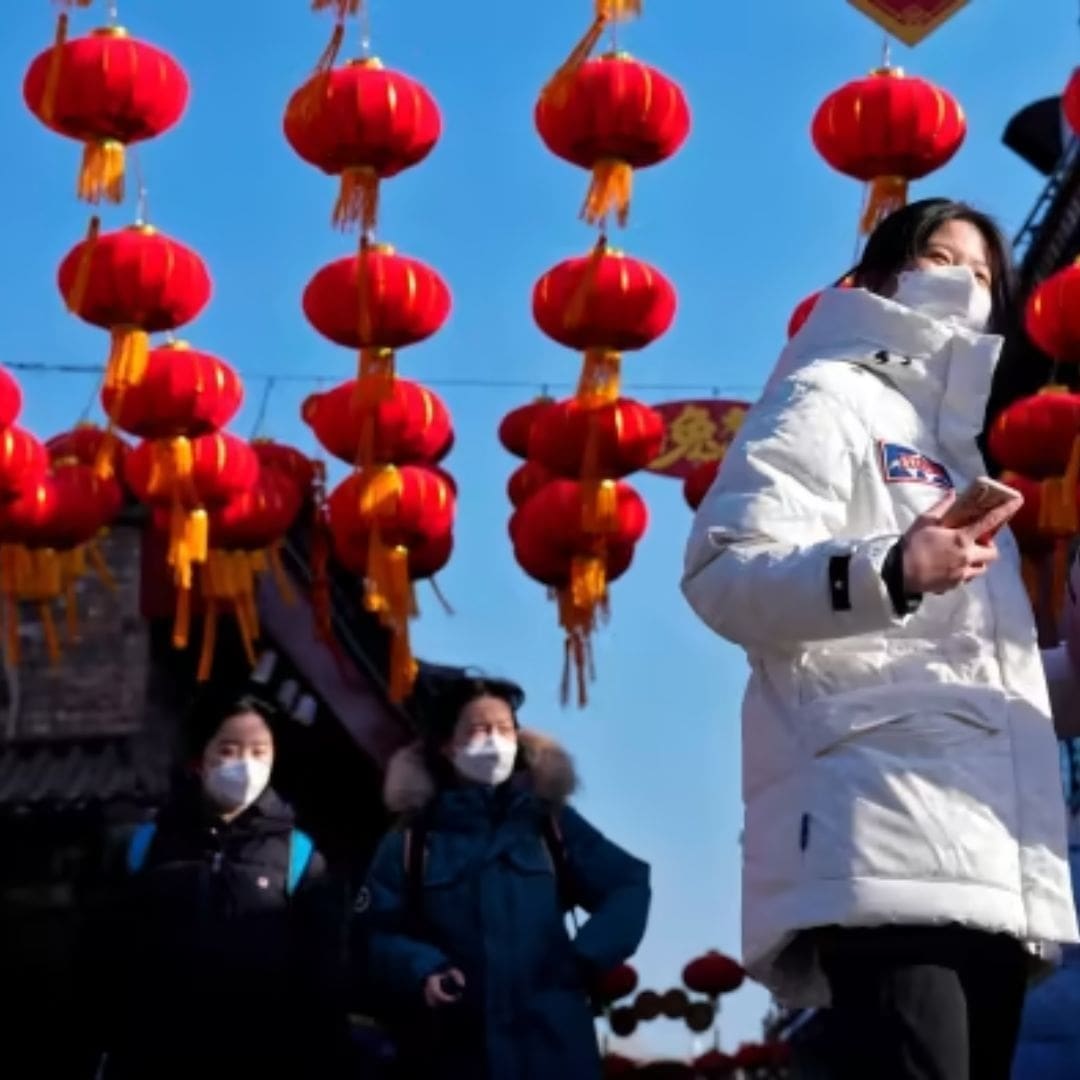As Beijing eases COVID limits after three long years, the luxury industry is turning its attention back to China in the expectation that its affluent consumers will once again splash out on designer items during Lunar New Year celebrations.
The impact of the COVID-related disruptions in China last year will be visible in the quarterly earnings from LVMH and other European luxury goods companies, even as the companies launch costly new lines associated with the Year of the Rabbit.
As the post-pandemic splurge on designer fashions starts to ease in the US and Europe, they are anticipated to witness a slowdown in sales growth over the quarter.
UBS cites consensus projections for LVMH, which discloses full-year results on Thursday, of a 7% increase in fourth-quarter sales and Kering, which reports results on February 15, of a 2% decrease in fourth-quarter sales. Hermes is anticipated to disclose fourth-quarter earnings on February 17 and project revenue growth of 17%, down from 24% in the third quarter.
The industry’s performance in China will draw attention to the impact of lockdowns and its subsequent abandonment of a zero-COVID policy, which has led to an increase in infections in the second-largest economy in the world. According to estimates from consulting firm Bain, Chinese consumers’ luxury expenditure fell from 33% of the worldwide market for personal luxury items in 2019 to as low as 17% last year.
To make up for what they failed to do in 2022, Caroline Reyl, head of Premium Brands at Pictet Asset Management, predicted that Chinese consumers will return to the luxury market in a big way.
Investors got a glimpse of the blow last week from Richemont, the owner of Cartier and Burberry in Britain.
As a result of a 25% decrease in sales in China, Richemont fell short of market expectations. Its stores saw a decline in customer visitation, and occasionally there was no personnel present. Many businesses cut back on hours or took temporary breaks. Following a 23 percent decline in mainland China, Burberry’s like-for-like sales growth slowed significantly to 1 percent in the quarter ending in December.
Burberry, though, expressed optimism that Chinese consumers will start spending again, and Richemont observed a recovery there before to the holiday, raising hopes for the months to come.
By 2025, China is anticipated to overtake the U.S. as the largest market for luxury goods. The luxury industry is among the most anticipated winners from China’s relaxation of regulations that kept consumers away from stores for months, with shares at Hermes and LVMH recently reaching record highs. LVMH is the most valuable listed company in Europe, with a market value of about 400 billion euros ($433.1 billion).
Chinese shoppers, who were a mainstay at such events before the epidemic struck, have yet to make a significant comeback at the ongoing fashion shows in Paris, which run through the end of this week.
The region that stands to gain the most from a return of Chinese visitors is Europe, even if it is anticipated that they will initially begin travelling inside Asia. At the end of the second quarter or in the second half of this year, Reyl told Reuters, she expects Chinese consumers to start returning to Europe in a visible fashion.
Some Americans in the US are reducing discretionary expenditure as a result of long-term high inflation. According to Citigroup credit card data, luxury expenditure in the United States decreased by 10% year over year in December and went negative in comparison to 2019 by declining by 2%. This decline was mostly caused by poorer sales at department stores and online marketplaces.
According to December data from Global Blue, however, tourists from the US continued to likely contribute to the success of luxury brands in Europe, with US citizens spearheading a resurgence in tax-free buying there.

